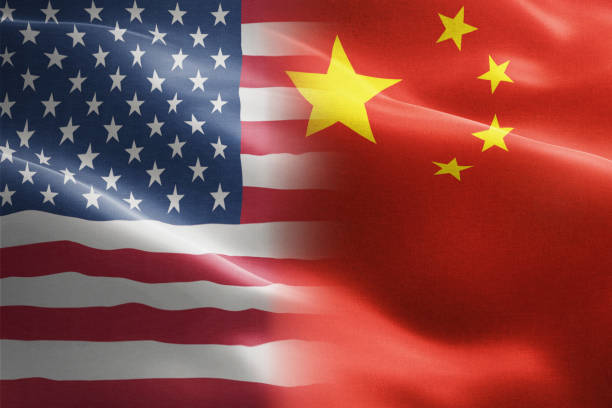After two days of high-level discussions in Malaysia, US officials say they expect China to delay the introduction of its planned export controls on rare earth minerals, a move that could ease tensions ahead of a much-anticipated meeting between US President Donald Trump and Chinese President Xi Jinping later this week.
Beijing’s announcement earlier this month of broad restrictions on rare earth exports sparked renewed friction between the two largest global economies. These minerals are critical for industries ranging from defence and smartphones to electric vehicles, and China’s control over their supply chain gives it significant leverage.
However, after a weekend of talks in Kuala Lumpur, optimism appears to be returning. According to a senior US official speaking to the Financial Times, the expected delay comes in response to Washington’s threat of additional tariffs and international pressure from nations dependent on these minerals.
China and the US Find Common Ground
US Treasury Secretary Scott Bessent told ABC News that Beijing is likely to postpone the export controls for a year while reassessing their impact. Although Li Chenggang, China’s chief trade negotiator, did not confirm the delay, he acknowledged that both sides had reached a “preliminary consensus” on key issues, including export controls, fentanyl, and the possible extension of their current trade truce.
The existing truce, due to expire on 10 November, halted the steep tariffs that have defined much of the US-China trade conflict since 2019. The US initially imposed tariffs of 145 per cent on Chinese goods, with China responding with 125 per cent levies on American exports.
A US official indicated that the next truce extension could last longer than the previous 90-day period, saying, “We think it would give great stability and great certainty to the global economy and to the US-China relationship.”
Progress Ahead of Trump-Xi Summit
Treasury Secretary Bessent described the talks as productive, telling CBS, “I can tell you we had a very good two days.” He also confirmed that President Trump’s earlier threat to increase tariffs on Chinese imports by an additional 100 per cent was now “effectively off the table”.
Trump, currently on a week-long visit to Asia — his first since returning to the White House — will meet Xi in South Korea on Thursday following stops in Japan and other nations.
In Malaysia, Trump signed trade and mineral agreements with local and regional partners, including Cambodia, and outlined frameworks for future deals with Thailand and Vietnam. He also witnessed the signing of a peace treaty between Cambodia and Thailand, marking the end of their recent border conflict.
China’s state-run agency Xinhua described the Malaysia talks as productive, noting that both countries had reached a “basic consensus” on a framework to address mutual concerns.
China’s plans to tighten control over rare earth exports have alarmed global markets, particularly in Europe. European Commission President Ursula von der Leyen warned that the continent’s dependence on these minerals poses a growing risk, stating last week that “the risk of a crisis in their supply is no longer a distant risk.”
A Fragile Path Towards Economic Stability
While both Washington and Beijing appear willing to ease tensions, the situation remains fragile. The delay in China’s export controls, if confirmed, could mark a temporary pause rather than a lasting resolution.
From a journalist’s perspective, this development signals cautious optimism in the global economy. The expected delay of China’s rare earth controls and the potential extension of the trade truce suggest both sides recognise the need for stability amid volatile markets.
However, these moves may serve more as strategic pauses than genuine breakthroughs. With deep-rooted political and economic differences still unresolved, sustained progress will depend on whether both nations can transform short-term truces into long-term cooperation.


